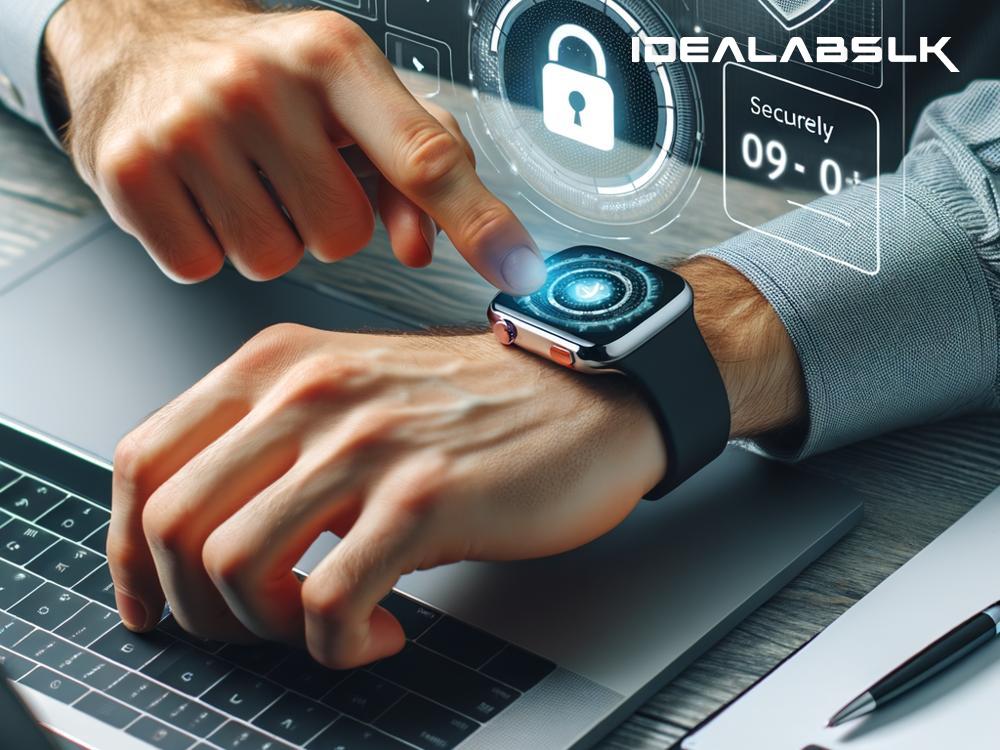In our fast-paced world, technology has nestled its way into almost every aspect of our lives, including how we manage our health. With a growing number of health tech devices like fitness trackers, smartwatches, and apps that monitor everything from our heart rates to our sleep patterns, it’s easier than ever to keep a tab on our well-being. However, while these gadgets can be incredibly helpful, it's crucial not to overlook the importance of securing the personal health information they collect. Our health data, if it falls into the wrong hands, can be used against us in myriad ways, from identity theft to scams.
So, how can you reap the benefits of your health tech devices while ensuring your personal data stays safe? Here are some accessible tips for everyone:
-
Know What Information You're Sharing: Before you strap on a new device or download a health app, take a moment to read through what information it will collect about you. Understand the type of health data the device gathers and how it will be used. This should be outlined in the product’s privacy policy. If the policy isn't clear or seems too intrusive, consider seeking alternative options.
-
Use Strong, Unique Passwords: This might seem like a no-brainer, but it’s a foundational step in protecting any account, including those associated with health tech devices. Use a mix of uppercase and lowercase letters, numbers, and special characters for your passwords. And avoid using the same password across different devices and apps to limit the potential impact if one gets compromised.
-
Regularly Update Your Devices and Apps: Manufacturers often release software updates to address security vulnerabilities. Make it a habit to install these updates as soon as they’re available. This not only ensures that your device is functioning optimally but also helps protect your data from being exploited due to outdated software.
-
Be Cautious with Public Wi-Fi: Using public Wi-Fi to sync or access data on your health tech device might be convenient, but it’s also risky. These networks are often unsecured, making it easier for hackers to intercept your information. If you must use public Wi-Fi, consider using a virtual private network (VPN) to encrypt your data transmission, adding an extra layer of security.
-
Control App Permissions: Many health tech devices work in tandem with smartphone apps. These apps often request permissions to access various features on your phone, such as your camera, contacts, or location. Take the time to review these permissions and disable any that aren’t necessary for the app to function. This minimizes the amount of data you’re sharing.
-
Enable Two-Factor Authentication (2FA): Where available, turn on two-factor authentication for an added layer of security. This typically involves receiving a code on your phone or email after entering your password, which you then input to gain access to your account. It’s a simple way to deter unauthorized access.
-
Be Wary of Phishing Scams: Cybercriminals often use phishing scams to trick individuals into giving away personal information. Be cautious of emails or messages that ask for sensitive data or urge you to click on suspicious links. Remember, reputable companies will never request your personal details via email.
-
Discuss Data Handling with Your Healthcare Provider: If your health tech devices share data with your healthcare provider, it's wise to discuss how this information is protected on their end. Understand their privacy policies and how they secure patient data against potential breaches.
-
Consider the Need for Sharing: Social features that allow you to share your achievements or health data with friends or within communities can be motivating. However, critically assess whether you really need to share this information. The more places your data is stored, the greater the risk of it being compromised.
By adopting these practices, you can secure your personal health information and enjoy the benefits of health tech devices with peace of mind. Remember, while technology can significantly enhance our healthcare experiences, it’s up to us to use it responsibly and protect our privacy. Stay informed, stay vigilant, and let’s make the most of what health technology has to offer, safely.

